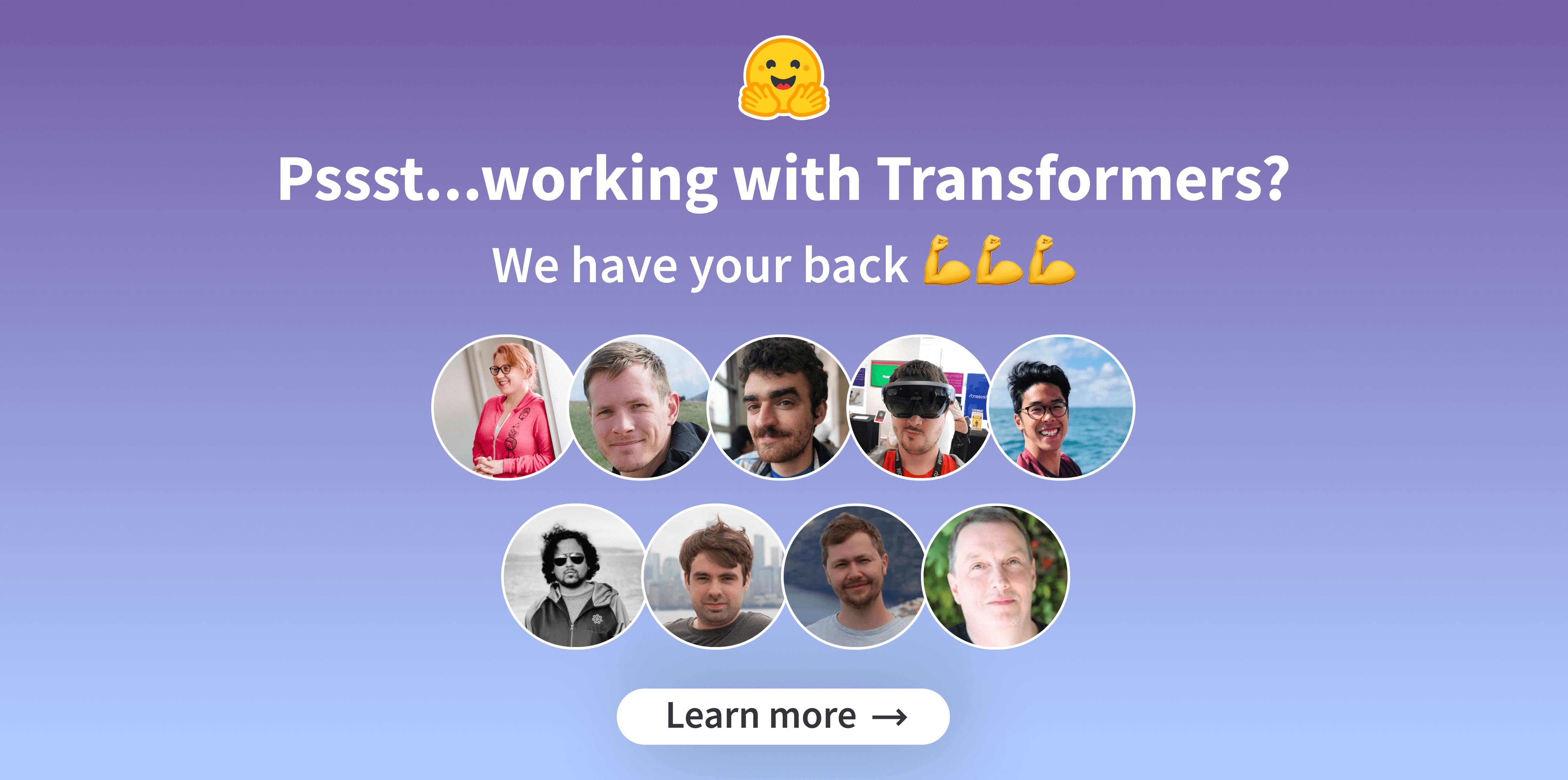* Add OLMo using add-new-model-like with Llama * Fix incorrect tokenizer for OLMo * Copy-paste relevant OLMo methods and their imports * Add OLMo config * Modify OLMo config to follow HF conventions * Remove unneeded Llama code from OLMo model * Add ability for OLMo model to output attentions * Add OLMoPreTrainedModel and OLMoModel * Add OLMoForCausalLM * Minor fixes to OLMo model for style and missing functions * Implement OLMo tokenizer * Implement OLMo to HF conversion script * Add tests for OLMo model * Add tests for OLMo fast tokenizer * Add auto-generated dummy objects * Remove unimplemented OLMo classes from auto and init classes and re-format * Add README and associated auto-generated files * Use OLMo names for common properties * Run make fixup * Remove `|` from OLMo typing * Remove unneeded tokenization_olmo.py * Revert model, config and converter to add-new-model-like Llama * Move logic for adding bos/eos token into GPTNeoxTokenizerFast * Change OLMoConfig defaults to match OLMo-7B * Use GPTNeoXToknizerFast in OLMo tokenizer tests * Modify auto-generated OLMoModelTests to work for OLMo * Add non-parametric layer norm OLMoLayerNorm * Update weight conversion script for OLMo * Fix __init__ and auto structure for OLMo * Fix errors from make fixup * Remove OLMoTokenizerFast from documentation * Add missing 'Copied from' for OLMoModel._update_causal_mask * Run make fix-copies * Rearrange string replacements in OLMoForCausalLM Copied from * Move OLMo and Llama CausalLM.forward example into global constants * Fix OLMO_GENERATION_EXAMPLE doc string typo * Add option for qkv clipping to OLMo * Rearrange OLMoConfig kwargs in convert_olmo_weights_to_hf * Add clip_qkv to OLMoConfig in convert_olmo_weights_to_hf * Fix OLMo tokenization bug using conversion script * Keep model in full precision after conversion * Do not add eos token automatically * Update references to OLMo model in HF Hub * Do not add eos token during encoding by default * Fix Llama generation example * Run make fixup * OLMo 7B integration test fix * Remove unneeded special case for OLMoConfig * OLMo 7B Twin 2T integration test fix * Fix test_model_7b_greedy_generation * Remove test_compile_static_cache * Fix OLMo and Llama generation example * Run make fixup * Revert "OLMo 7B integration test fix" This reverts commit4df56a4b15. * Revert "OLMo 7B Twin 2T integration test fix" This reverts commit9ff65a4a29. * Ungate 7B integration tests and fix greedy generation test * Add retries for flaky test_eager_matches_sdpa_generate * Fix output of doc example for OLMoForCausalLM.forward * Downsize OLMo doc test for OLMoForCausalLM.forward to 1B model * Try fix incorrect characters in OLMoForCausalLM.forward doct test * Try fix incorrect characters in OLMoForCausalLM.forward doc test using end quotes * Remove pretraining_tp from OLMo config and model * Add missing 'Copied from' instances * Remove unneeded causal_mask from OLMoModel * Revert Llama changes * Ignore copy for OLMoForCausalLM.forward * Change 'OLMo' to 'Olmo' in classes * Move minimal OLMo tokenization tests to model tests * Add missed 'Copied from' for repeat_kv
40 KiB
🤗 Transformers
State-of-the-art Machine Learning for PyTorch, TensorFlow, and JAX.
🤗 Transformers provides APIs and tools to easily download and train state-of-the-art pretrained models. Using pretrained models can reduce your compute costs, carbon footprint, and save you the time and resources required to train a model from scratch. These models support common tasks in different modalities, such as:
📝 Natural Language Processing: text classification, named entity recognition, question answering, language modeling, summarization, translation, multiple choice, and text generation.
🖼️ Computer Vision: image classification, object detection, and segmentation.
🗣️ Audio: automatic speech recognition and audio classification.
🐙 Multimodal: table question answering, optical character recognition, information extraction from scanned documents, video classification, and visual question answering.
🤗 Transformers support framework interoperability between PyTorch, TensorFlow, and JAX. This provides the flexibility to use a different framework at each stage of a model's life; train a model in three lines of code in one framework, and load it for inference in another. Models can also be exported to a format like ONNX and TorchScript for deployment in production environments.
Join the growing community on the Hub, forum, or Discord today!
If you are looking for custom support from the Hugging Face team

Contents
The documentation is organized into five sections:
-
GET STARTED provides a quick tour of the library and installation instructions to get up and running.
-
TUTORIALS are a great place to start if you're a beginner. This section will help you gain the basic skills you need to start using the library.
-
HOW-TO GUIDES show you how to achieve a specific goal, like finetuning a pretrained model for language modeling or how to write and share a custom model.
-
CONCEPTUAL GUIDES offers more discussion and explanation of the underlying concepts and ideas behind models, tasks, and the design philosophy of 🤗 Transformers.
-
API describes all classes and functions:
- MAIN CLASSES details the most important classes like configuration, model, tokenizer, and pipeline.
- MODELS details the classes and functions related to each model implemented in the library.
- INTERNAL HELPERS details utility classes and functions used internally.
Supported models and frameworks
The table below represents the current support in the library for each of those models, whether they have a Python tokenizer (called "slow"). A "fast" tokenizer backed by the 🤗 Tokenizers library, whether they have support in Jax (via Flax), PyTorch, and/or TensorFlow.